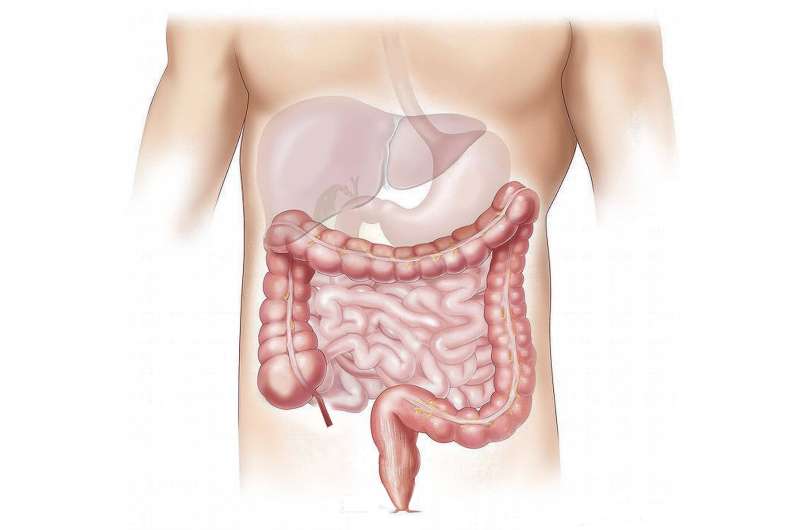Wealth, Wellness, and Aging: Addressing Socioeconomic Inequities for Healthier Later Life

As the global population ages, understanding the factors that promote healthy aging is more crucial than ever. While individual choices like diet and physical activity play significant roles, recent research underscores that socioeconomic status considerably influences health outcomes among older adults. A comprehensive study analyzing data from over 3,000 UK adults aged 50 to 90 reveals stark disparities linked to wealth. Wealthier seniors are nearly twice as likely to meet established wellness guidelines—such as engaging in at least 150 minutes of moderate exercise weekly and consuming five or more portions of fruits and vegetables daily—compared to their less affluent counterparts. These healthful behaviors are not merely personal preferences; they have profound implications for long-term health, including reducing risks of cardiovascular disease, diabetes, and cognitive decline.
Beyond physical health, lifestyle factors also impact mental well-being. The study found that depression is significantly more prevalent among lower-income seniors, with rates nearly three times higher than those in wealthier groups. Inactive individuals and those not adhering to healthy diets also demonstrate higher depression rates. Social isolation further compounds mental health risks, highlighting the importance of social engagement as part of holistic aging strategies.
Addressing these disparities requires policy-level interventions aimed at reducing barriers to healthy living. Accessible and affordable healthy foods, community-based exercise programs, and infrastructural support are essential in creating equitable opportunities for all seniors to age healthfully. Recognizing that health inequalities are rooted in broader social and economic factors is vital for designing effective solutions. Ultimately, fostering an environment where healthy choices are available and attainable for everyone is key to promoting well-being and resilience in aging populations.
Stay Updated with Mia's Feed
Get the latest health & wellness insights delivered straight to your inbox.
Related Articles
Five Practical Ways to Incorporate Brain-Healthy Habits into Your Daily Life to Prevent Dementia
Discover five practical daily habits proven to support brain health, improve sleep, reduce stress, and lower the risk of dementia through diet and exercise.
Adopting a Healthy Lifestyle Significantly Reduces Diverticulitis Risk Regardless of Genetics
A large-scale study shows that a healthy lifestyle significantly reduces the risk of diverticulitis, regardless of genetic predisposition. Key factors include diet, exercise, smoking avoidance, and weight management.
How Pets Enhance the Lives of Older Adults
Discover how pet ownership can improve physical health, mental well-being, and social connections for older adults, providing companionship and a renewed sense of purpose.
Five Common Habits That Can Damage Your Liver
Discover five common lifestyle habits that could be silently damaging your liver and learn how to protect this vital organ through healthier choices and habits.



